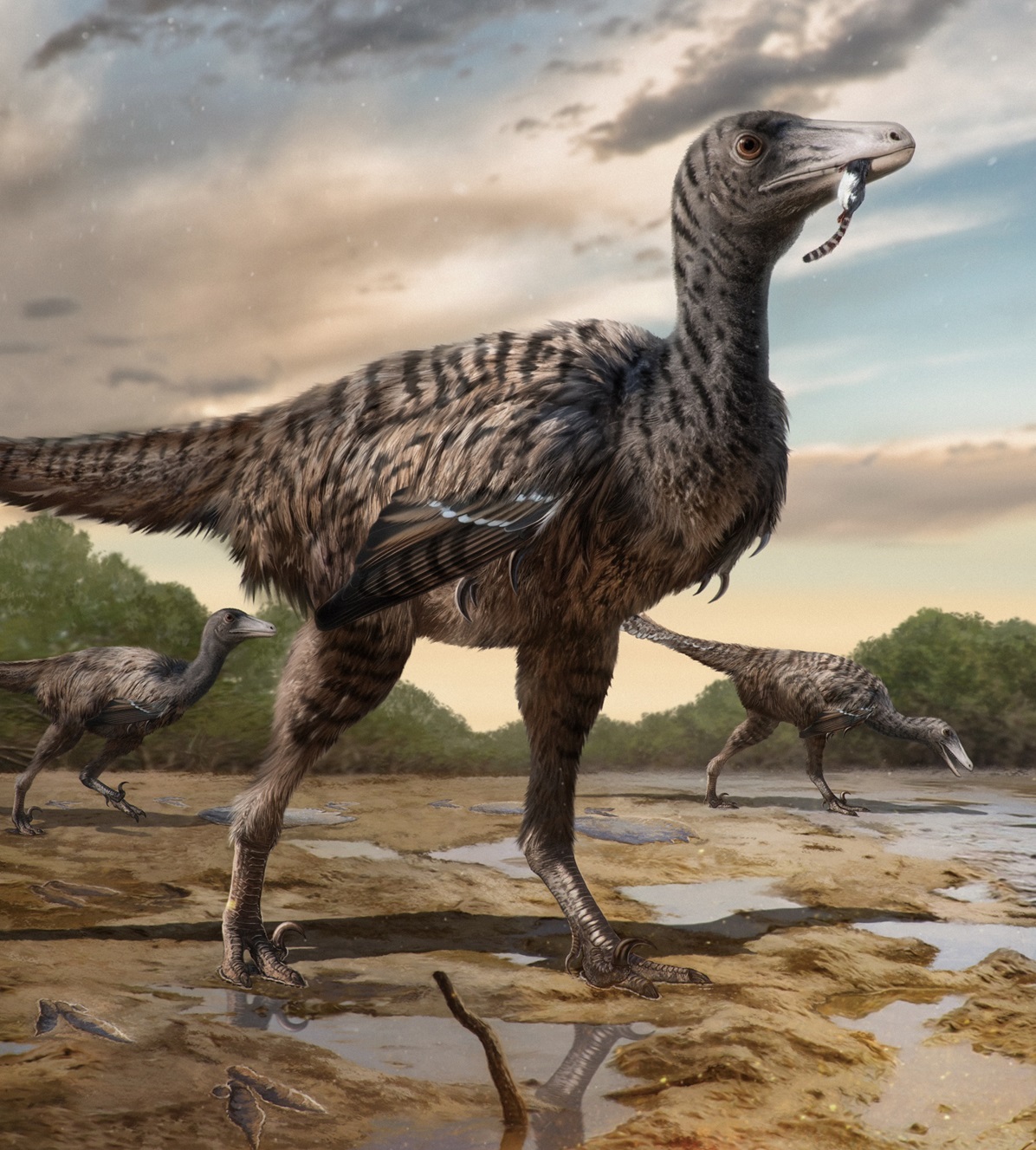Paleontologists have unearthed evidence that challenges our understanding of raptor dinosaurs. Gigantic footprints, discovered in southeastern China, reveal a previously unknown colossal raptor species.
The international research team, led by Dr. Anthony Romilio of the University of Queensland’s Dinosaur Lab, made the groundbreaking discovery in Fujian Province. Dr. Romilio explains, “These aren’t the human-sized raptors from Jurassic Park. These belong to the Troodontid family, a brainy group within the velociraptor lineage.”
Dating back 95 million years, these weren’t your average-sized hunters. The analysis of the massive footprints, measuring a staggering 5 meters in length, suggests a creature that dwarfed its cinematic counterparts. Imagine a fearsome raptor, reaching nearly 5 meters long with legs exceeding 1.8 meters – a truly awe-inspiring predator!
The discovery began in 2020 when a research team led by Dr. Lida Xing of China University of Geosciences set out to investigate reported dinosaur footprints. They unearthed a diverse array of tracks, including the telltale two-toed marks characteristic of raptors.
Dr. Romilio elaborates, “We meticulously compared these tracks with known imprints from across the globe. Their unique shape clearly sets them apart.” This finding not only introduces a new giant raptor species but also supports the recent notion of “Troodontid gigantism.” Fossilized bones discovered in Alaska hinted at the existence of colossal Troodontids near the Arctic Circle, where less competition might have spurred such growth.
The Fujian Province discovery significantly expands our understanding of these giant raptors. It suggests they weren’t confined to specific regions but were geographically widespread. Interestingly, the research team has also studied the world’s tiniest raptor footprints – a mere centimeter long – found in South Korea. This vast size disparity showcases the remarkable adaptability and ecological diversity within the raptor family.
The newly identified track type has been named Fujianipu, a tribute to the region where it was unearthed. This discovery serves as a stark reminder that our knowledge of prehistoric creatures is constantly evolving. With each new find, we gain a deeper understanding of the incredible diversity and adaptability of life on Earth in the distant past.
The paper is published in the journal iScience.
Source: University of Queensland
